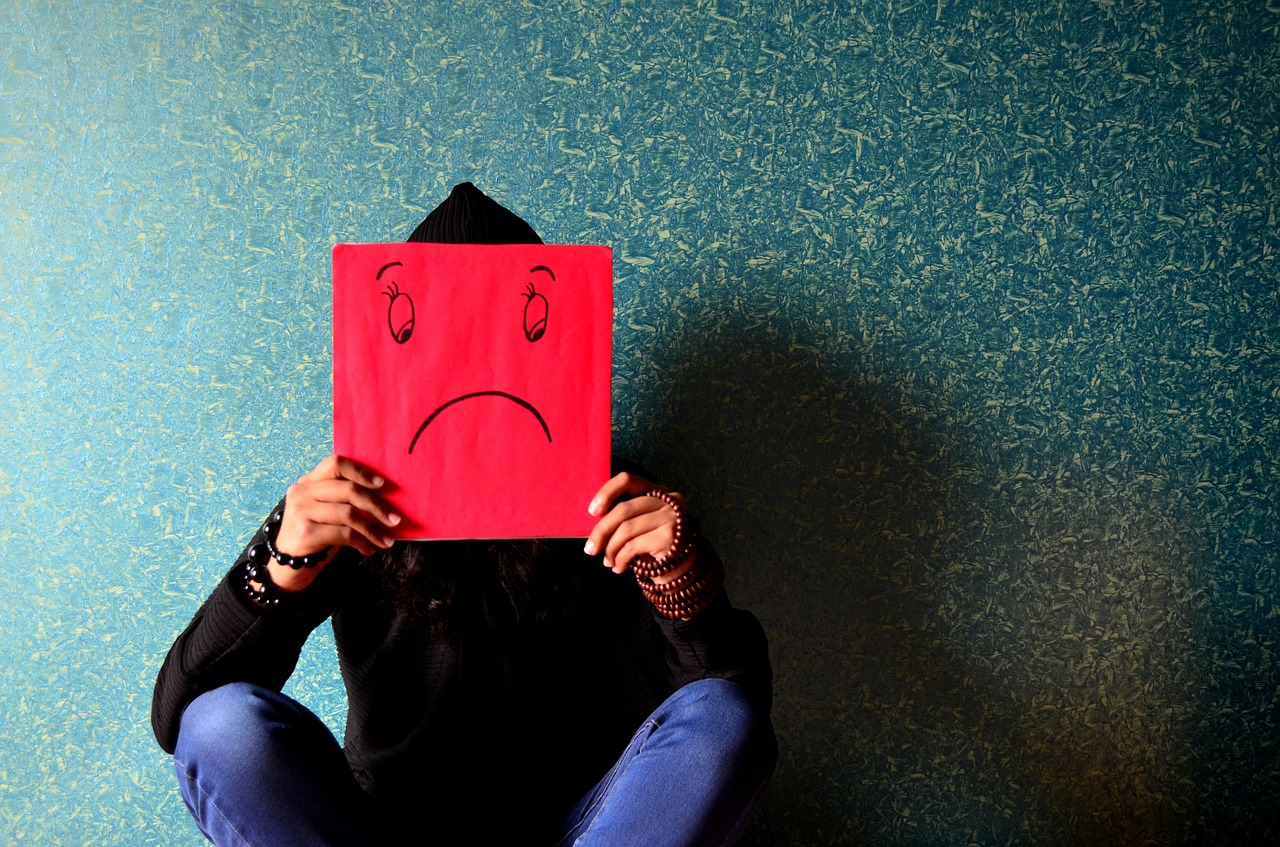Everyone feels sad at times, but major depressive disorder and other forms of depression are more than just feeling down. Depression causes persistent, long-lasting symptoms that can make even the most simple activities extremely difficult to take on.
Keep in mind that depression is a condition that can only be properly diagnosed by a health professional.
What causes depression?
There is no one, single cause of depression, it likely develops due to a combination of factors, such as life events (such as trauma or losing someone close to you) and biological factors (genetics, hormones or an imbalance of certain chemicals in the brain). People affected by depression often experience negative thinking patterns and may stop doing their normal activities.
What are the symptoms of depression?
Depression is a mood disorder that causes feelings of sadness, emptiness, and disinterest, and can interfere with a person’s ability to live a normal life. It doesn’t just affect someone’s mood – it also affects their body.
Some symptoms of depression include:
• Anger and irritability
• Loss of interest or pleasure
• Feelings of guilt
• Feelings of hopelessness
• Fatigue
• Difficulty concentrating
• Negative self-talk
• Changes in sleep habits (insomnia or sleeping too much)
• Unexplained aches and pains
• Gastrointestinal problems
• Weight loss or weight gain
• With depression these symptoms are severe, happen more often, and don’t go away over time.
What are the different types of depression?
There are a number of different types of depression. The most common types of depression include:
Major depression. This is the most common type of depression and what most people know as ‘depression’. It involves low moods and/or loss of interest or pleasure in normal activities, along with other physical and mental symptoms. These include changes in weight, sleep, appetite, energy and activity, thoughts of suicide and feelings of worthlessness. Symptoms occur almost daily, and significantly interfere with day-to-day living.
Persistent depressive disorder. Also known as ‘dysthymia’, this label applies to long-lasting depressive disorders. The symptoms experienced are similar to those in major depression, although usually less severe. These must be experienced most of the time, for at least two years, to meet the criteria for dysthymia.
Psychotic depression. This is a severe type of depression, in which people typically lose touch with reality and experience psychosis. It involves hallucinations (seeing or hearing things that aren’t there) and/or delusions (false beliefs not consistent with reality), such as beliefs that they are being followed or will be harmed by others.
Other types of depression. Other variations of depressive disorders include perinatal depression (experienced by some mothers and fathers during or after pregnancy), seasonal affective disorder (which follows a seasonal pattern and is thought to be related to light exposure) and disruptive mood dysregulation disorder (which involves frequent and intense temper outbursts in children aged 6–18).
Other mental health disorders. Many people can experience depression secondary to other mental health disorders such as eating disorders and anxiety disorders. People with bipolar disorder can experience periods of depression.
What to do if you think you’re experiencing depression
If you think you’re experiencing symptoms of depression, visit your GP or a mental health professional. The good news is, if you’re diagnosed with depression, there are treatments available. Your doctors can work with you to create a treatment plan that suits your personal circumstances and experiences. This could include things like:
• psychological treatments,
• medication (usually anti-depressants)
• lifestyle changes: regular exercise, eating well and implementing sleeping routines.
Everyone responds to treatments differently, so finding the right treatment and the right mental health professional could take time. Keep trying until you find something that works for you.
Still not sure what to do if you are experiencing depression? Get in contact with us, we will help you to find the best support.

